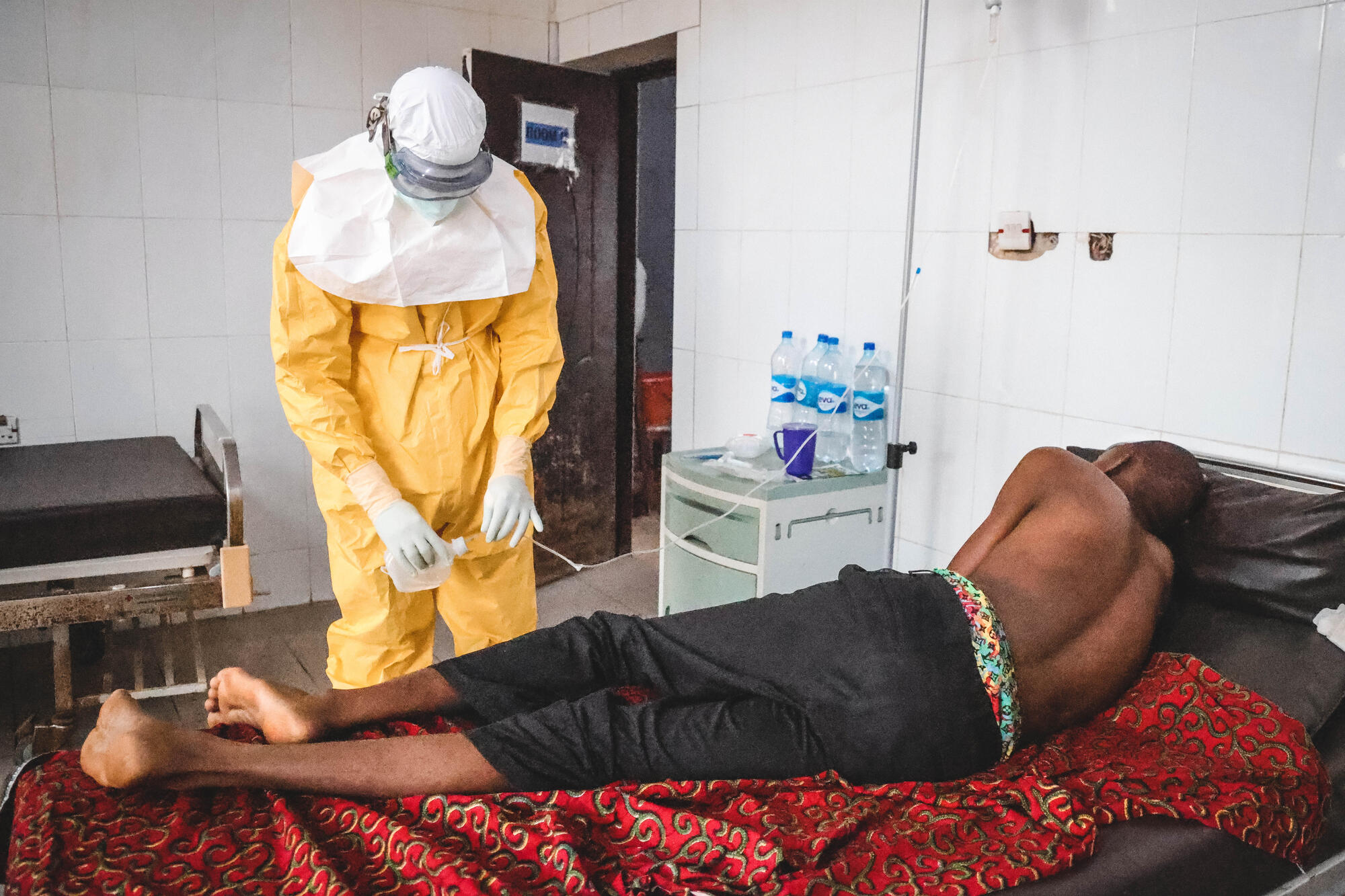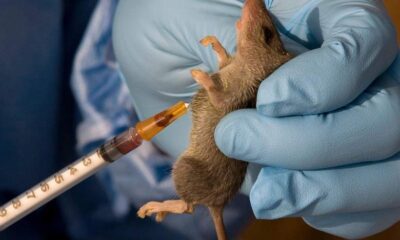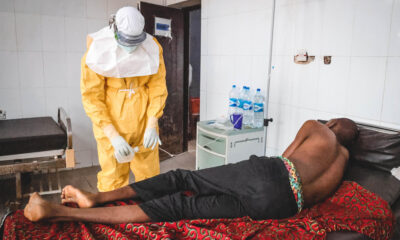Breaking News
Lassa Fever: NCDC Confirms 13 New Cases, 172 Deaths in 21 States

The Nigeria Centre for Disease Control and Prevention (NCDC) has confirmed 13 new cases of Lassa fever in the country, recorded between September 29 and October 5, 2025, marking the 40th epidemiological week of the year.
According to the latest situation report published on the agency’s official X (formerly Twitter) handle, the new infections were detected in Ondo and Edo States, two of the hardest-hit regions since the beginning of 2025.
The NCDC revealed that Nigeria has now recorded a total of 924 confirmed cases and 172 deaths across 21 states and 106 local government areas (LGAs) in 2025.
The case fatality rate (CFR) currently stands at 18.6 percent, representing a sharp increase from 17 percent recorded in the same period of 2024.
“Lassa fever continues to pose a serious public health challenge, especially in endemic states. The NCDC remains committed to strengthening surveillance, laboratory testing, and infection control nationwide,” the report stated.
During the reporting week, 117 new suspected cases were logged, bringing the total suspected cases for the year to 8,041.
The NCDC disclosed that over 90 percent of confirmed cases originated from Ondo, Bauchi, Edo, Taraba, and Ebonyi States, describing them as the epicenters of the outbreak.
Health experts have warned that poor sanitation, rodent infestations, and unsafe food storage continue to fuel the spread of the disease in rural and peri-urban communities.
To contain further spread, the NCDC said it is intensifying its risk communication efforts, ensuring rapid laboratory testing, and improving infection prevention and control mechanisms across health facilities.
It also reaffirmed ongoing collaboration with state ministries of health, development partners, and community stakeholders to provide timely response and treatment to affected persons.
“Our teams are working closely with state governments to enhance community awareness and ensure prompt diagnosis and care for infected individuals,” the Centre added.
The NCDC has urged Nigerians to remain vigilant and adopt preventive measures such as maintaining clean surroundings, avoiding contact with rodents, and storing food items in sealed containers.
It also advised individuals experiencing symptoms such as persistent fever, sore throat, chest pain, or vomiting to report immediately to the nearest health facility.
“Early presentation to a health facility can save lives. Lassa fever is preventable and treatable when detected early,” the NCDC said.
Lassa fever, an acute viral hemorrhagic illness, is transmitted to humans through contact with food or household items contaminated by rodent urine or feces. The disease is endemic in Nigeria and typically peaks during the dry season.
Despite several national response efforts, recurrent outbreaks have continued to challenge the country’s public health system.
The NCDC has emphasized the need for sustained funding, community education, and stronger healthcare infrastructure to mitigate future outbreaks.






















